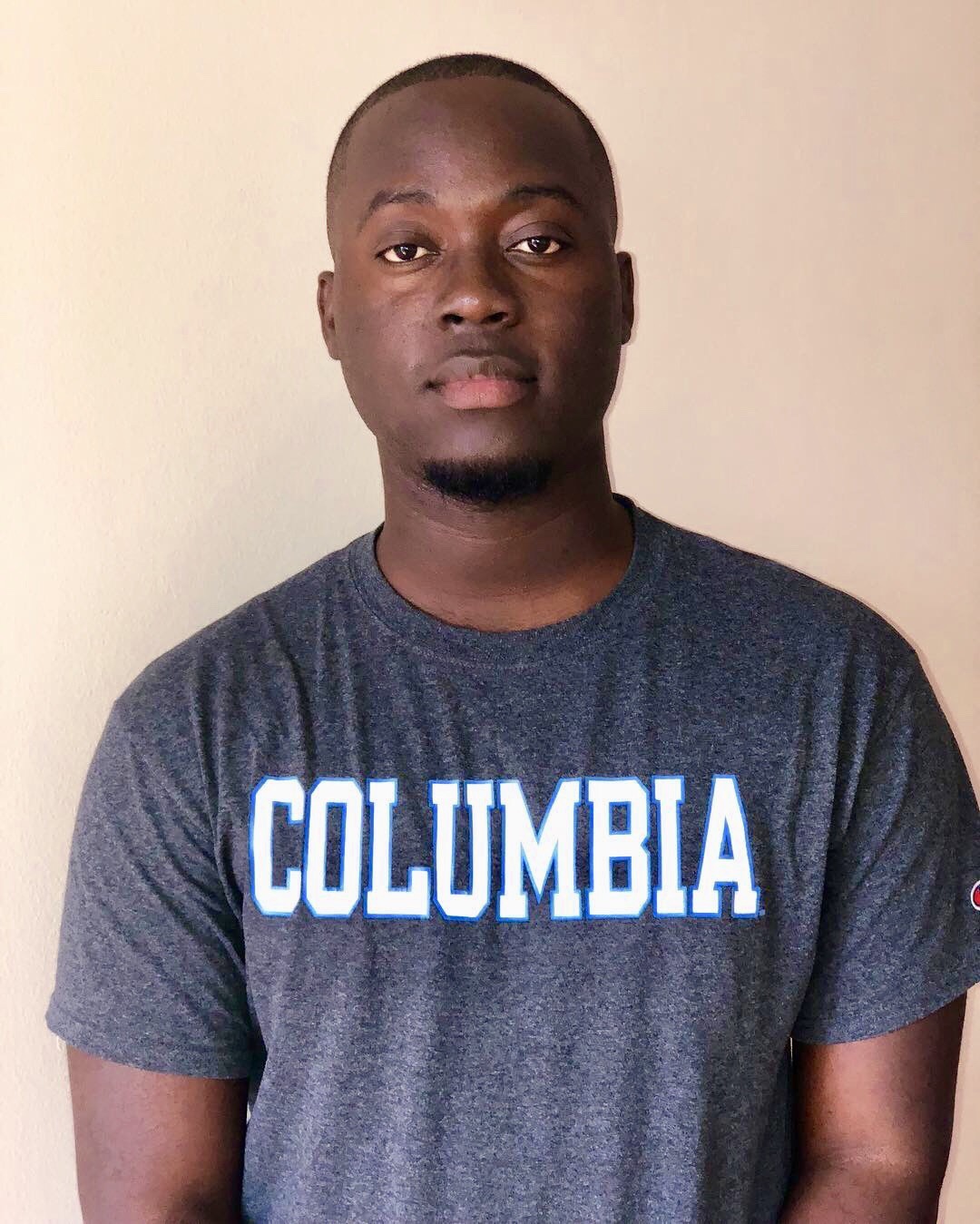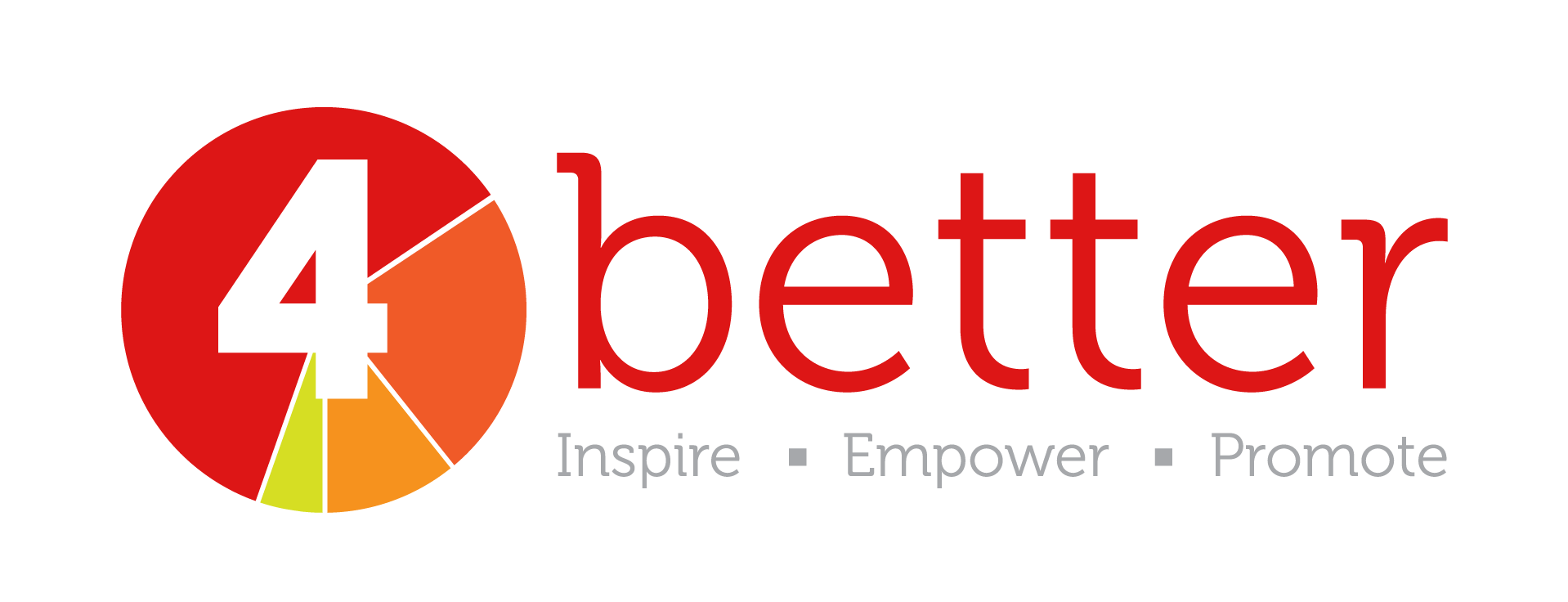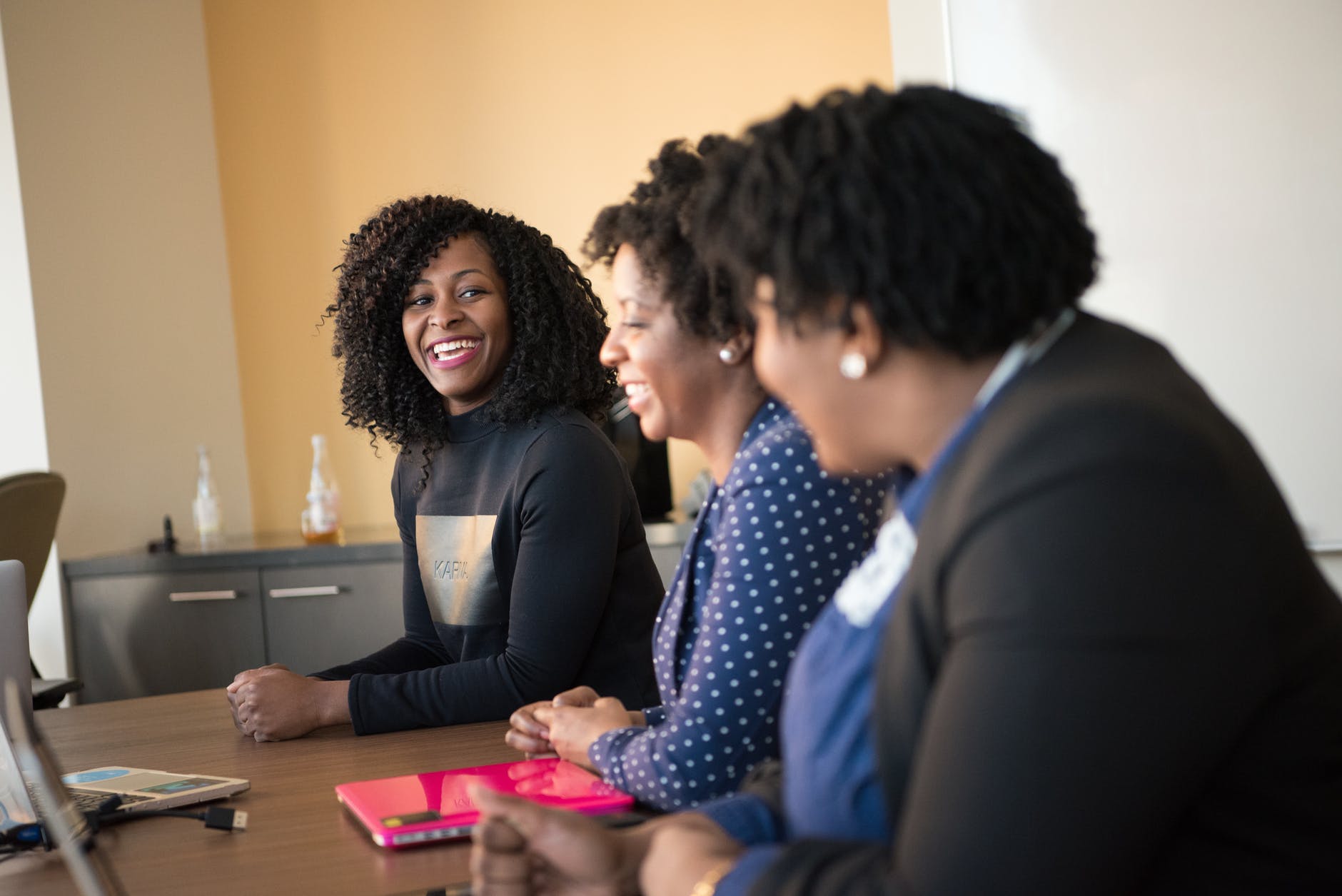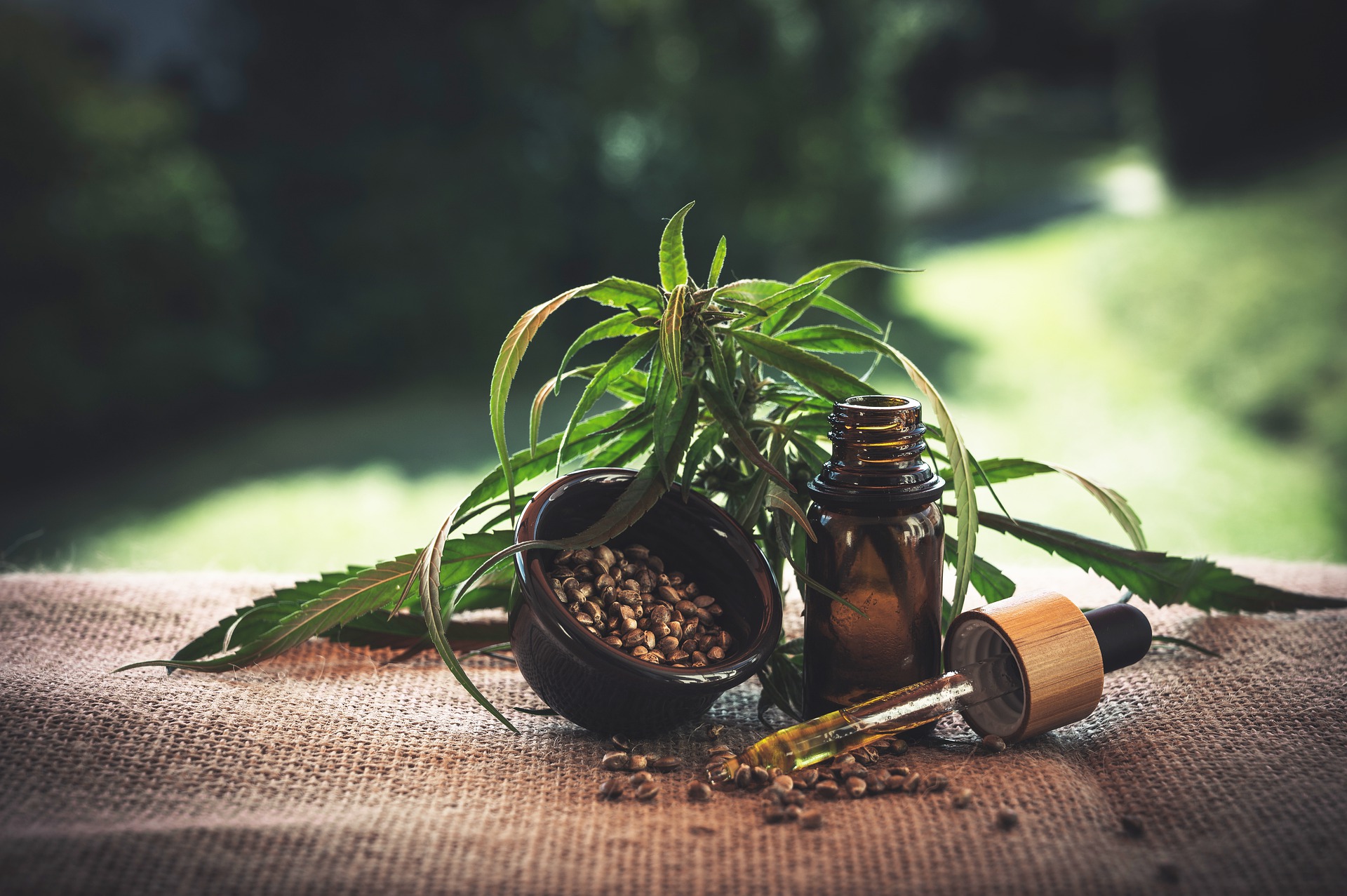
From Gonaives, Haiti To Columbia University In New York: Insights From College Student And Entrepreneur, Lovens Gjed
Lovens Gjed is an award-winning student entrepreneur at Columbia University majoring in Sustainable Development. He has attended Collège Immaculée Conception, a local secondary school in Gonaives. Lovens has, thus far, achieved many accomplishments since he left his hometown Gonaives to continue with his studies in the U.S.
He is inspired to share his story with Haitian immigrants around the world, to encourage them in many capacities. He tells us more on this recent interview.
Tell us of your transition from Haiti to the U.S.
I immigrated to the U.S. after my high school graduation in 2014, worked some odd jobs while attending community college and then transferred to Columbia University in New York. I have also been involved with many organizations across North America such as the United Nations, the Centre de la Francophonie des Amériques, the Clinton Global Initiative University, Phi Theta Kappa International Honor Society, and the Association Tonnelle Action. I am currently a rising senior in Sustainable Development and the Founder & Chief Executive Officer of GE30.5 LLC, a remittances investment and consulting company for immigrant entrepreneurs in the U.S. and diaspora-reliant communities.
How did you discover your passion? Did that lead to your decision to majoring in Sustainable Development at Columbia University?
In reality, there are many factors I could think of and which inspired me to pick this interdisciplinary major. Among them, my upbringing in Gonaives_ a coastal city threatened by major floods and hurricanes every year_ nourished in me a particular concern and awareness of our impacts on the environment. Also, the interdisciplinary aspect of Sustainable Development suits my entrepreneurial vision; I enjoy the fact that this major aligns with all my expected career goals, either in the U.S. or Haiti. So, Sustainable Development bridges my childhood experiences with the wish of bright a future for myself, my home country and our planet.
Do you think your education in Haiti has adequately prepared you for your continuing education in the U.S.?
By many standards, yes! In fact, I credit my high school for the well-rounded education I received, mainly through extracurricular activities and student clubs. For example, I remember participating in theatrical plays and debate clubs or organizing city-wide fairs with my peers. Back then, I was utterly passionate about my community and only wanted to get involved as much as possible. Those experiences introduced me to a practical education system which went beyond the standard in-class teaching and prepared me for my transition to the U.S.
How do you identify ideas and projects that are sustainable and those that are not?
This goes back to the general definition of a sustainable project; i.e., any project that meets the needs of the present without compromising the ability of future generation to meet their own needs. I don’t have a standardized method to identify them. However, I always encourage open discussions before the implementation of any project. That is, multi-partisan strategies and community engagement are very relevant to intergenerational or sustainable development.
How do your family and cultural background prepare you for your current roles as a student and entrepreneur?
I am glad you brought that up! An essential part of my cultural background is religious syncretism, my first exposure to the beauty of diversity. We tend to think of Haiti as merely a culturally homogeneous country when in reality we are divided into different religious groups_ and by extension, the vision of the future of Haiti may differ from one Haitian to another. I was aware of that fact even as a young kid since my family and my schools were from two different religious groups; some of my classmates and friends did not practice the same beliefs my parents had introduced me to. The key takeaway for me was that there is always room to collaborate with someone who may be or seem different_ hence the importance of religious syncretism in the context of Haiti’s future. You can certainly imagine that takeaway would also be very helpful to me as I transitioned to an even more diverse environment in the U.S.
Who are the inspiring people in your life?
I am inspired by all Haitians from the diaspora who have either moved back home to work with the locals or contribute to the development of our country while abroad.
What are some short-and-long-term plans do you have for the future?
Most of my long-term plans are related to GE30.5 LLC, and I am looking forward to, via the company, reconnecting US immigrants and their children with their respective home countries in ways that promote the sustainable investment of remittances there. My short-term plan is to prepare for my senior thesis.
Tell us of a time you feel down, what inspires you to keep moving forward?
Well, my first days in America were not pleasant, and I am sure many immigrants have had similar experiences. However, the following quote from Wayne Gretzky, a Canadian former professional ice hockey player, always cheered me up: “you lose 100% of the shots you never take.” Also, I like to remind myself of the long-term benefits which almost always outweigh the present discomfort.
How do your parents feel about your accomplishments so far?
I know my mother is very proud, and she is also an important reminder to me of the importance of intergenerational conversations in the context of Haiti. Think of it: her mother did not have any formal education; my mother graduated from high school, and today my siblings and I are college students. This pattern brings to mind an essential aspect of developing an informal economy such as in Haiti: connecting the older generations with, the newer ones ‒in ways that should transcend the educational barriers yet foster insightful conversations.
What essential advice you would give to your younger self back in Gonaives?
I wish I traveled more and visited the whole peninsula while I was in high school. So, my advice would have been to explore the ancestral land.
What are some key factors affecting sustainable development in your home-city Gonaives?
I am aware that waste management, recurrent floods, air pollution and jobs scarcity are among the significant issues we face.
Based on current studies, how do you think we can tackle them? Which sectors would be more plausible to touch upon those factors?
My Haitian Times article (where I talk about the future of business in Haiti) covers this matter at length. Tackling those issues is a bit tricky since a vital aspect our everyday life in Gonaives and Haiti is the informal economy. Think of the peddlers, the welder shops, the taxi drivers, and all the other economic sectors who contribute to an economy no local agency can monitor. In the article, I argue that to tackle those issues would require an endogenous approach to the informal economy and engaging the diaspora community; a first step would be to create a long-term framework for strategic conversations with those sectors.
September is considered as back-to-school in several regions and states, what are 2 (or more) key things you would encourage High-schoolers and College students of Haitian descent to keep as part of their mantra for the school year?
First, I would share this quote from Nelson Mandela: “Education is the most powerful weapon which you can use to change the world.” Second, I would encourage all students who seek to change/improve the world to start with themselves, their own family, then their friends and their local community.
Any last word?
Oh, yes! Share your insights or simply let’s connect via LinkedIn, Instagram or Facebook. Ansanm nou pi fò!









